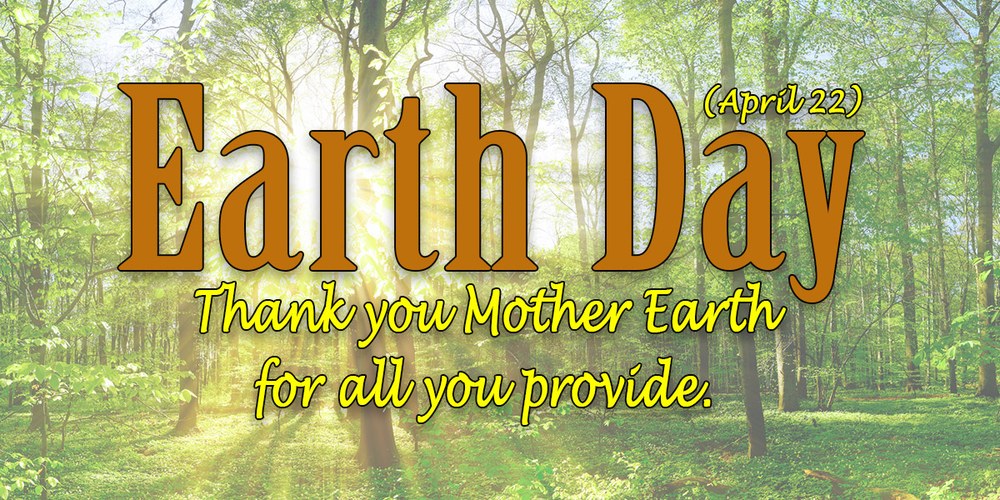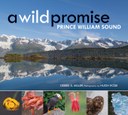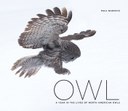
Here’s a dilemma: How does a publishing company that is deeply invested in advocating for environmental conservation deal with the fact that the product they sell relies on using trees? This is something that we here at Mountaineers Books are intensely aware of. Approximately four billion trees are cut down every year around the world just to produce paper products, accounting for about 35 percent of the total harvest. Even though 2.3 billion seedlings are planted each year in the US alone, the fact remains that the timber and paper industries, and by extension the publishing industry, have a significant impact on the environment.
As a mission-driven nonprofit, we have always been committed to finding ways to be a greener publishing company and the most obvious path is to carefully consider our paper and printing choices. Right now, approximately 30 percent of our titles, and all of our catalogs, are produced with Forest Stewardship Council (FSC)-certified paper. This certification means that the forests our paper was sourced from meet both environmental and social standards as established by the FSC.
The FSC certification program sets rigorous criteria for responsible forest management around the world and is widely accepted as the gold standard. The standards range from “enhancing the social and economic wellbeing of local communities” to “avoiding, repairing, or mitigating environmental impacts.” When we use FSC-certified paper, we know that the supply chain has been thoroughly verified and that none of the content comes from endangered forests. We also know that the management of the source forests takes into consideration the rights of indigenous people and the protection of endangered species.
In addition, we have also increased our use of recycled paper and now just under 50 percent of our titles are printed on paper with at least 30 percent postconsumer recycled content, and the book with the largest print run, Mountaineering: The Freedom of the Hills, 9th Edition, was printed on 100 percent recycled paper. Producing paper with recycled content not only reduces the impact on forests, but also uses less energy and water and produces less greenhouse gases than producing paper with 100 percent virgin fiber.
Why aren’t we at 100 percent? Well, that is certainly our goal. And, not surprisingly perhaps, the reason is cost. We are committed to investing our revenue from book sales to offset the additional expenses that it takes to be green and are working to print all of our books on FSC-certified or recycled paper by 2022. As our revenue grows through book sales or philanthropic support from individuals who share our ethic, so does our ability to invest in sustainable solutions.
It’s a process but on this Earth Day we renew our commitment to reducing our environmental impact so the wild places we love and celebrate with our books will be there for generations to come.
 Janet Kimball
Janet Kimball


